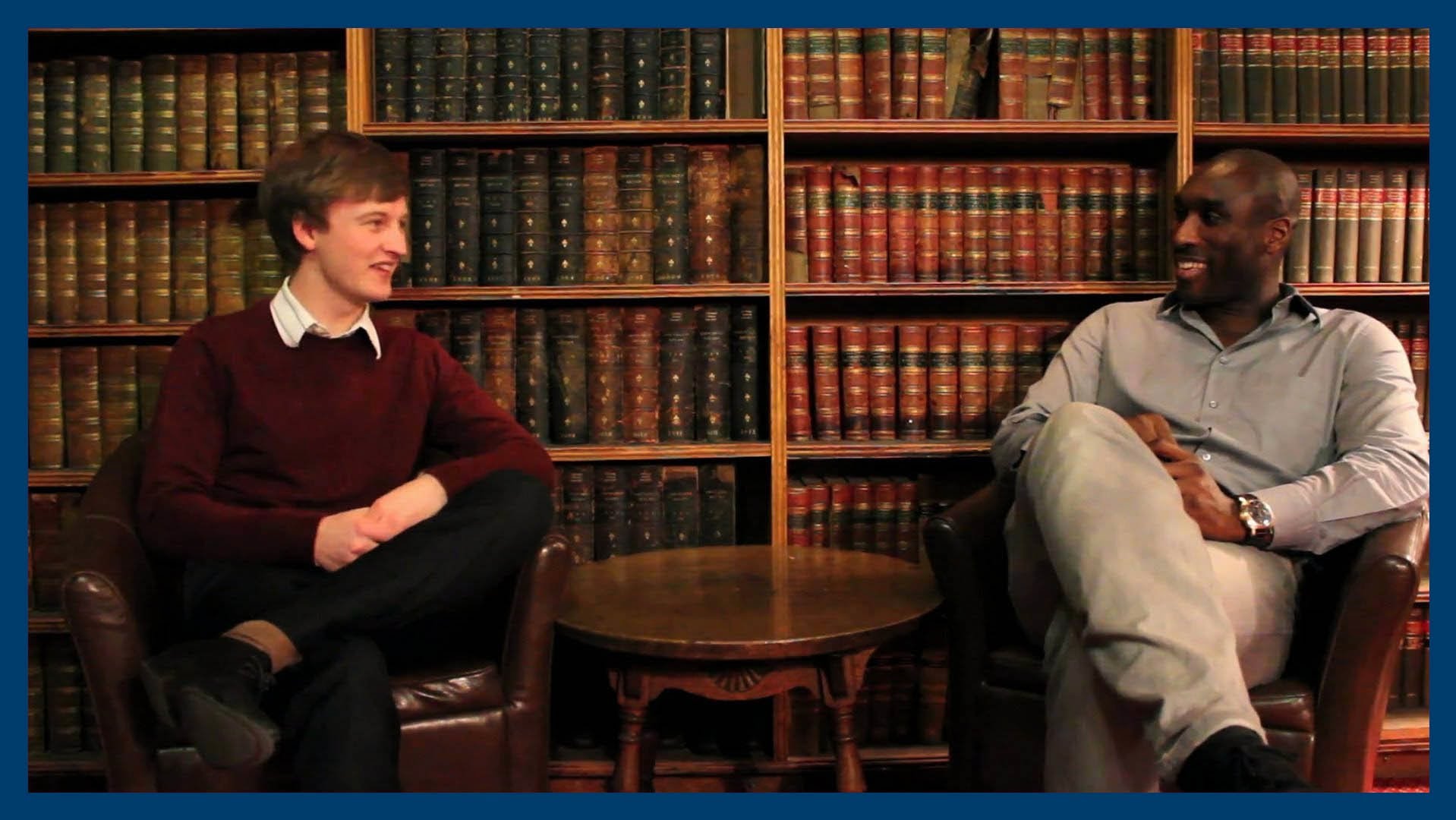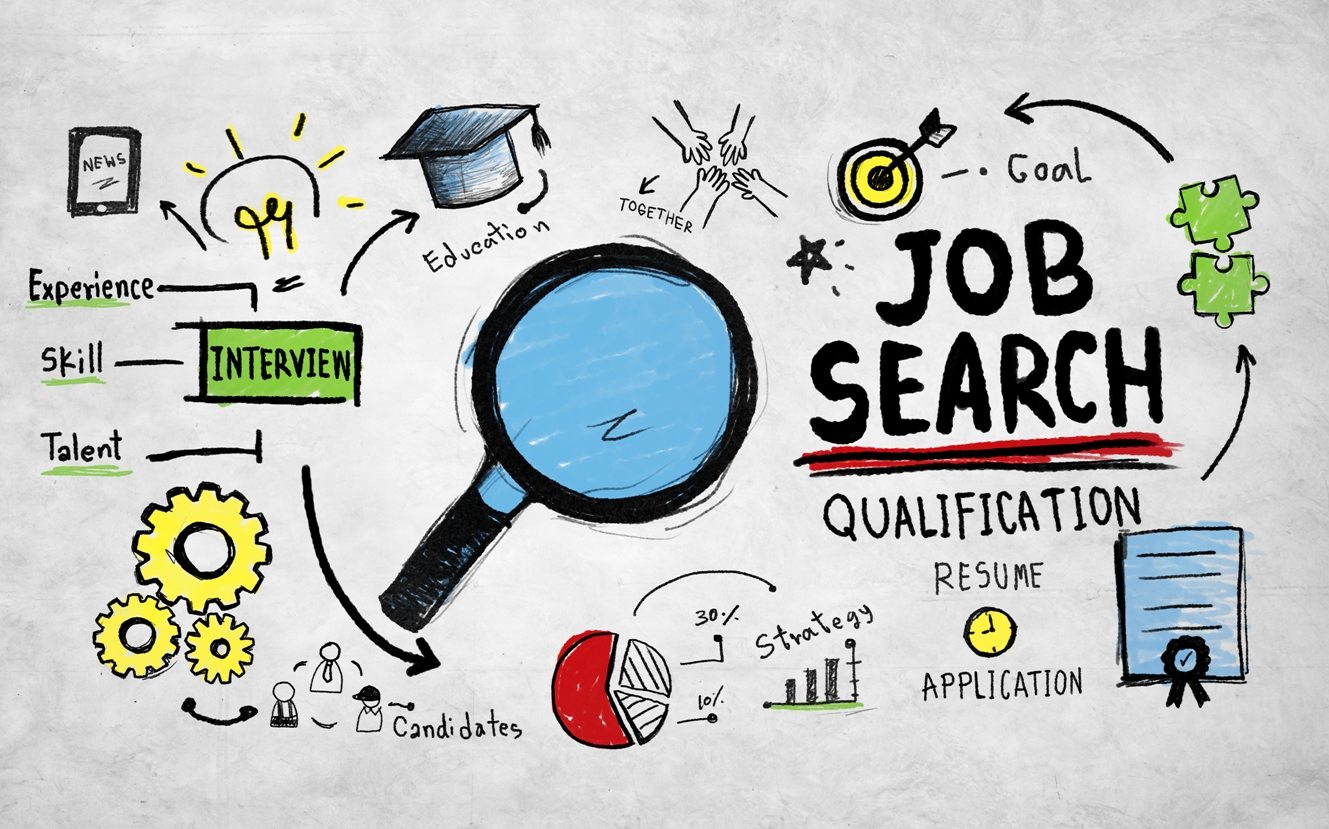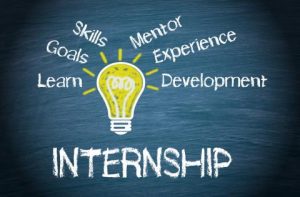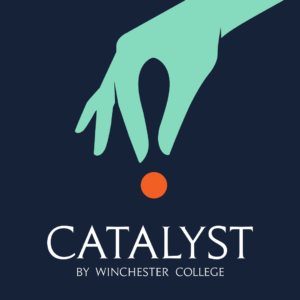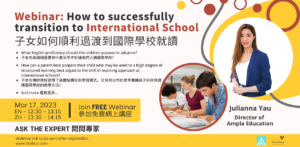May 22, 2019 | Kitty Chow
Medicine is one of the most competitive degrees – it is not uncommon for some students to have multiple attempts before eventually being accepted to medical schools. It is crucial to not only achieve the required academic grades, but also build a strong portfolio on work experiences and volunteering (both medically and non-medically related). In this article, I will explore ways that students can obtain medical experiences to maximise their chances of being accepted into a medical school. Further non-medically related experiences are explored in a separate article (click here).

Medically related experiences
Work shadowing is a great way to gain exposure into what being in a certain field really translates in real life daily. Furthermore, it is relatively simple to obtain – a good starting point would be to ask your family doctor, local GP or even a relative if it would be possible for you to shadow them for a week. If that is not possible, research into clinics in the neighbourhood: call or email if they would be happy to take students for shadowing – make sure to have your CV and a cover letter ready and be prepared for questions on why you want to shadow at that location and what you are hoping to achieve. If possible, try to shadow doctors from different disciplines so that you can get better exposure on how they vary in terms on the roles they play in enhancing patient outcome.
Certain hospitals might also have programs where they take students for a short period of time to allow them to experience hospital work. Conduct a thorough research into your local hospitals to see if these programs are available. These are harder to get as often you will need to apply at a specific time of the year (potentially the year before) and go through a vigorous application process. If you happen to have a particular field that you are interested in, try to contact the department to see if it is possible to even just visit the department for a day.
Work experiences are different from shadowing as they are essentially a part-time job where students are paid and understandably expected to take a more active role. Ideally try to opt for a more scientific role (such as a research assistant) where you can work alongside medical professions but I would argue that even working at the reception of, for instance, a pathology lab can be useful in allowing students to appreciate how different branches of the medical field (e.g. doctors, nurses, pathologists and scientists) interact and fit together to drive better health outcomes.
Last but not least, volunteering in the medical field is a rewarding way to get a better insight into the medical profession. Look for volunteering opportunities in hospitals and clinics in your area to see if there are any established programs available. There are also overseas volunteering programs available where students can spend a period of time in hospitals in a different country, though these often have associated costs and generally take place during long school holidays.
Here are my suggestions on how and where to look for medical experiences. Feel free to be creative and explore further options. Make sure you do a thorough research into opportunities around and do not be disheartened by rejections – stay positive and I am sure you will find an experience where you will learn a lot and thoroughly enjoy!
To find out more about Ampla Education’s university application services, contact us at info@ampla-edu.com
______________________________________________________________
Educated at Badminton School, Kitty obtained a First Class Honours degree in Biomedical Engineering, followed by a MSc degree specialising in Medical Physics, both from Imperial College. Kitty has experience teaching students subjects such as Maths, Sciences, as well as educating young children Programming. As the former Departmental Representative of her degree, she also understands university admissions and is well placed to assist with school and university applications. Kitty has decided to make career change and is currently a Medical student at the University of Queensland in Australia. Therefore, she is well placed to provide advice on medical applications and compare education systems in the UK and Australia.
© Ampla Education – Unauthorised use of this material without permission is strictly prohibited. Excerpts and links may be used, provided that full credit is given to Ampla Education.




